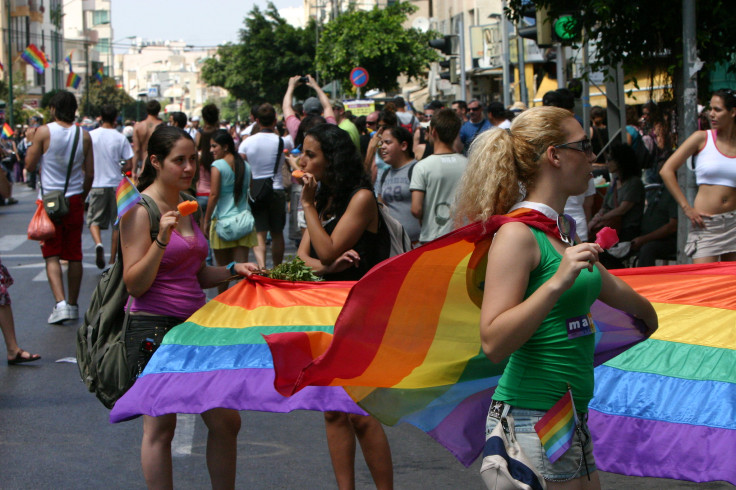60% of Hongkongers Want Same-Sex Marriage — So Why Did Politicians Vote It Down?
A new survey shows six in ten Hongkongers want marriage equality, yet pro-Beijing politicians vetoed even a watered-down bill.

Hong Kong's legislature on Wednesday struck down a government bill that would have granted limited rights to same-sex couples, despite surveys showing that 60% of residents favour marriage equality.
The decision underscores how political control and conservative resistance have outweighed public opinion in shaping LGBTQ rights in the city.
A Limited Proposal After a Court Ruling
The government introduced the bill following a September 2023 Court of Final Appeal decision that ordered officials to create a framework addressing the 'basic social needs' of same-sex couples.
The proposal would have allowed couples married overseas to register in Hong Kong for limited rights, including hospital visitation, medical decision-making and post-death arrangements.
While activists criticised the measure as too narrow, many considered it a step forward.
'Deeply regrettable' said Jimmy Sham, an LGBTQ campaigner whose own legal challenge for full marriage recognition was rejected by the courts last year.
The bill's rejection was significant: it marked the first time the current legislature, elected under a Beijing-imposed framework that removed nearly all pro-democracy lawmakers, voted down a government proposal.
Political and Religious Resistance
Opposition to the bill was led by pro-Beijing legislators and religious groups who argued that recognising same-sex partnerships would undermine traditional family values.
Holden Chow, a lawmaker from the city's largest pro-Beijing party, said LGBTQ needs could be addressed without passing legislation.
He warned that the bill would 'open a Pandora's box' and erode the institution of marriage.
Public consultation also played into the outcome. Authorities received more than 10,000 submissions on the proposal during a brief period in July, with officials reporting that 80% opposed the bill.
Critics questioned the credibility of the process, pointing out the short timeframe and lack of transparency.
Beijing's liaison office praised the veto in a pro-government newspaper, saying Hong Kong had handled the matter 'in accordance with law, and in a sound and appropriate manner'.
It also cautioned against what it described as efforts by 'people with ulterior motives' to politicise the issue.
Public Support vs. Political Reality
The legislature's decision contrasts sharply with public opinion. Surveys consistently show that a majority of Hongkongers, particularly younger residents, support legal recognition of same-sex marriage.
Yet activists say the political environment, shaped by Beijing's oversight and the removal of opposition voices from the legislature, has left little room for progressive measures to advance.
Hong Kong decriminalised homosexuality in 1991 and is widely regarded as more open-minded than mainland China, where LGBTQ discussions are tightly restricted.
But legal protections remain limited. Same-sex couples have no recognition in law, and there is no comprehensive anti-discrimination legislation covering sexual orientation.
The veto also raises questions about Hong Kong's international reputation. As a global financial hub, the city has faced pressure from multinational companies to modernise policies and align with international standards on workplace equality.
Critics say Wednesday's vote may undermine Hong Kong's ability to present itself as inclusive and globally competitive.
The decision reflects not only cultural conservatism but also the political realities of a legislature dominated by pro-Beijing voices, leaving activists warning that the city's legal framework is failing to keep pace with its people.
© Copyright IBTimes 2025. All rights reserved.





















